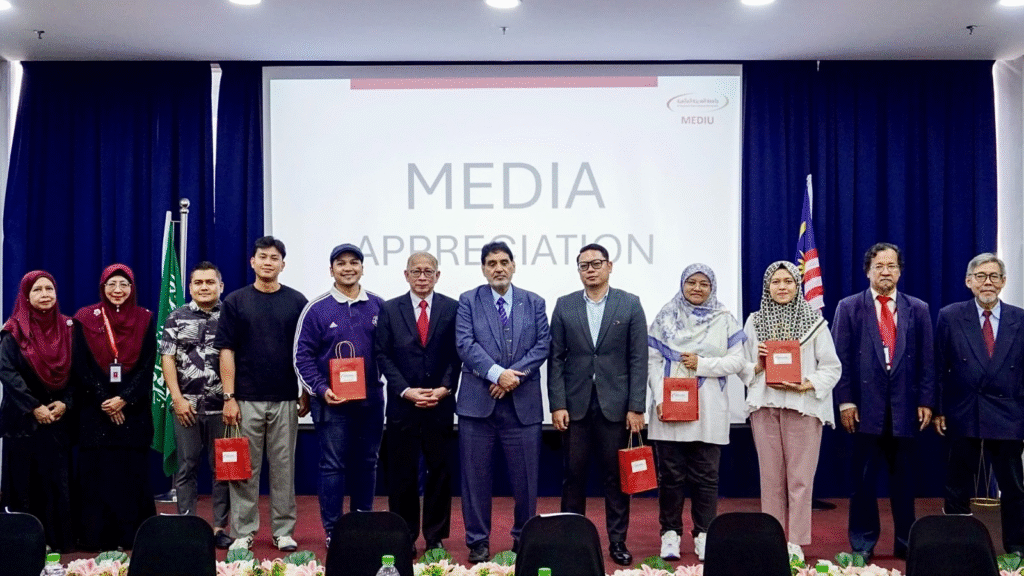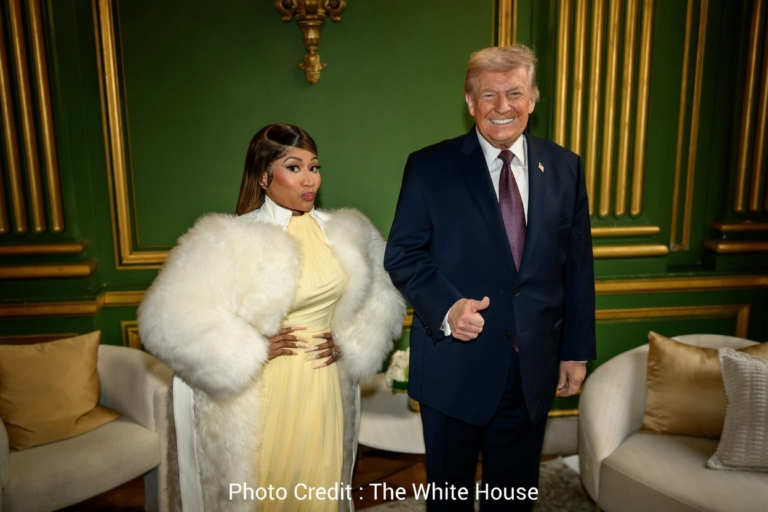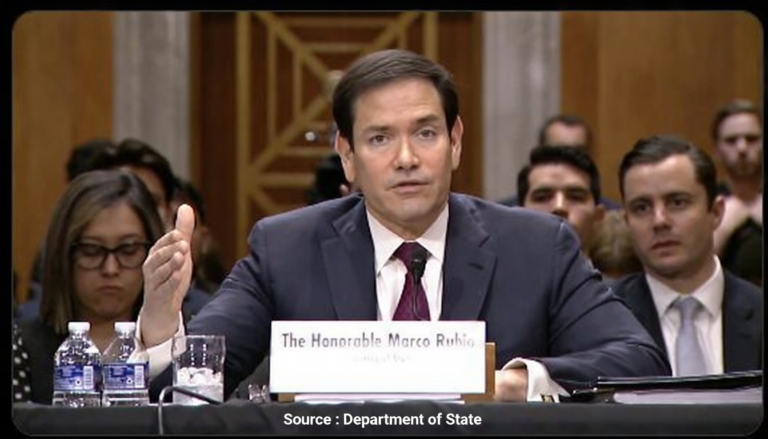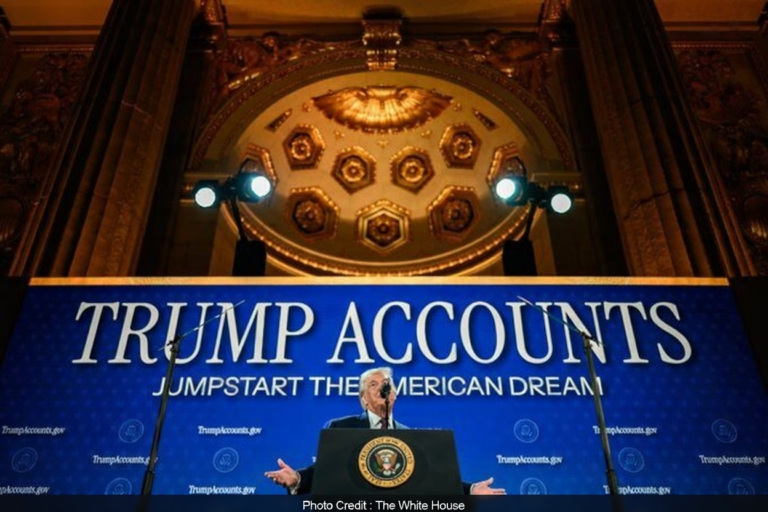
By: Abdullah Bugis
Malaysia’s aspiration to become a regional education hub transcends mere economic calculations—it is a profound vision rooted in cultural diplomacy and intellectual bridge-building. The nation’s universities envision themselves not simply as centers of learning, but as vibrant crossroads where Southeast Asia intersects with the wider world, harnessing education as a subtle but potent form of soft power. Yet, the true measure of success extends beyond enrollment numbers or national targets; it hinges on whether Malaysian education can foster enduring trust, nurture mutual respect, and project authentic global influence. This quest is inherently qualitative, seeking to craft lasting intellectual and cultural connections rather than transient academic transactions.

Institutional Narratives and Civilizational Bridges
This ambition was vividly embodied during a press conference at Al-Madinah International University (MEDIU) in Kuala Lumpur. The university’s Vice Chancellor, Dato’ Dr. Alhazmi Saeed Nowifea, articulated a symbolic vision: “We aspire for MEDIU to be a bridge linking the civilizations of Saudi Arabia and Malaysia. We believe Malaysian youth are well-positioned to compete on the global stage.” He emphasized the deliberate choice of Malaysia as the university’s home, recognizing the country’s potential and affirming close collaborative efforts to realize this vision.
Echoing this, Professor Dato’ Seri Dr. Kamal Nasharuddin, Deputy Vice-Chancellor for Academic, Research and Innovation, emphasized the role of international students—hailing from over 90 countries—as informal cultural ambassadors who actively shape Malaysia’s global image. He underlined that “educational tourism,” when rooted in authentic intercultural exchange, forges lasting connections that extend beyond the mere attainment of degrees. This reflects Joseph Nye’s concept of soft power, which involves influencing others by appealing to their values and interests, rather than by using force or financial incentives.
In conversation with Prof. Kamal Nasharuddin bin Mustapha, he underscored universities’ pivotal role not only as academic providers but as strategic actors within Islamic diplomacy and soft power frameworks targeting the Middle East, GCC, and broader Arab-Muslim world. With students from 93 countries, MEDIU’s community extends Malaysia’s influence worldwide. Prof. Kamal also noted the dual impact of inbound and outbound “edutourism”—students experiencing foreign cultures and returning as cultural envoys—thus enriching Malaysia’s diplomatic capital. He affirmed that internationalization is inseparable from soft power, opening windows to global understanding and fostering mutual respect, Inshallah.
MEDIU itself exemplifies Malaysia’s regional ambitions with roughly 3,290 students, 90% international, embodying a multicultural ethos aligned with Malaysia’s strategic goal: to produce not mere job seekers but innovators and global contributors. The university’s foundational values—Mastery, Excellence, Diversity, Integrity, and Unity—forge a culture of academic distinction and ethical responsibility. Addressing local challenges, such as the reluctance of Malaysian students to pursue tertiary education, MEDIU offers initiatives like a free foundation program and promotes “edutourism” to broaden students’ global perspectives and reinforce Malaysia’s role as an educational gateway to the Global South.
These efforts, though prominent at MEDIU, resonate across Malaysia’s private education sector. Institutions such as Asia Pacific University (APU) and INTI International University (INTI) similarly engage in transnational academic outreach and research collaborations. However, without cohesive national integration, their influence remains fragmented. Realizing the full potential of educational diplomacy demands a comprehensive approach uniting public and private sectors under a unified strategic vision.
Soft Power or Educational Marketing?
Malaysia’s National Higher Education Strategic Plan (2015–2025) ambitiously targets 250,000 international students by 2025. The Ministry of Higher Education’s 2023 data reports over 131,000 international enrollees, a testament to Malaysia’s rising allure as a study destination, supported by Education Malaysia Global Services (EMGS). While these figures signify clear economic contributions, Malaysia’s deeper objective lies in cultivating sustained intercultural engagement that transcends transactional education.
Research affirms that university alumni outcomes heavily influence prospective students—67% cite alumni achievements as a key factor, according to a 2021 QS Intelligence Unit survey. Private universities like MEDIU hold untapped potential to shape Malaysia’s soft power but are hampered by policy gaps and limited coordination with public institutions. Such fragmentation dilutes Malaysia’s ability to project a coherent and compelling soft power narrative internationally, as noted in recent studies on Malaysian higher education internationalization.
The inherent adaptability of private institutions—in language, pedagogy, and culture—offers distinctive assets to Malaysia’s soft power toolkit. Yet, policy shortcomings restrict their full utilization. Inspired by successful international models like South Korea’s Brain Korea 21 (BK21) and Germany’s DAAD, Malaysia could strengthen alignment between its educational sector and diplomatic ambitions. This includes promoting university research collaborations, supporting ASEAN and Islamic studies, and nurturing strategic alumni networks.
BK21’s comprehensive funding and interdisciplinary research have transformed South Korea into a global academic powerhouse, fueling innovation and diplomacy. Similarly, DAAD’s scholarship programs and exchange initiatives have extended Germany’s cultural influence worldwide. Emulating these models demands more than funding—it requires integrated policies fostering collaboration, international partnerships, and vibrant alumni engagement.
Such strategic deployment of Malaysia’s higher education transcends economic utility to become a robust instrument of diplomatic engagement and cultural influence, fully resonant with its broader soft power strategy. Expanding joint degree programs, faculty exchanges, and cross-border research initiatives will enhance Malaysia’s reputation as a collaborative academic hub, boosting its credibility on the global stage.
Public Universities and Educational Diplomacy
Malaysia’s premier public institutions—Universiti Malaya (UM), Universiti Kebangsaan Malaysia (UKM), and International Islamic University Malaysia (IIUM)—have long been pioneers of educational diplomacy. They foster regional research networks, promote interfaith dialogue, and integrate Southeast Asian political history, Islamic philosophy, and civilizational studies into their curricula.
These endeavors illustrate universities’ critical role in cultivating cultural literacy and regional understanding, as underscored by research such as Soft Power and Cultural Diplomacy: Emerging Education Hubs in Asia. The study highlights higher education as a strategic platform for cross-cultural dialogue and soft power projection, particularly within ASEAN. However, reliance solely on public universities narrows this agenda’s reach. Bridging public-private divides is crucial to amplify Malaysia’s educational impact, promote shared values, and reflect the nation’s pluralistic identity.
Malaysia’s rich mosaic of Islamic, Chinese, Indian, and indigenous cultures uniquely situates it within the global education landscape. Integrating this pluralism into academic frameworks and ensuring inclusive engagement for local and international students enhances Malaysia’s standing as a cultural and educational gateway to the Global South, a theme emphasized in analyses of Malaysian multiculturalism in higher education.
Ideas Beyond Numbers
True influence transcends mere marketing metrics; it requires education to serve as a conduit of mutual respect and collective development. As highlighted earlier, Malaysia’s role in fostering “educational tourism” and cultural exchange cultivates more than academic credentials—it shapes narratives of transformed lives, enduring friendships, and alumni who carry Malaysia’s voice across the globe. In this light, Malaysia becomes not just a destination for learning but a vital window through which students glimpse and engage with the wider world, fostering openness and intercultural understanding.
With its robust infrastructure, rich diversity, and clear ambition, Malaysia is uniquely positioned to advance this vision. Yet, what remains essential is a unified, strategic policy that elevates education beyond a transactional service to a powerful tool of diplomacy and cultural influence—transforming isolated institutions into sources of inspiration and soft power. To truly lead in educational diplomacy, Malaysia must invite the world not only to study within its borders but to actively participate in meaningful cultural exchange and depart as ambassadors of shared values.
In pursuit of this, establishing a national center dedicated to the study and promotion of soft power—collaborating closely with leading universities—would solidify Malaysia’s role as a regional intellectual leader in educational diplomacy, ensuring that its vision resonates well beyond academic halls and into the global arena.













